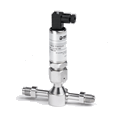Dew-Point Sensors, Dew-Point Meters and Sampling Systems
Field-proven humidity, dew-point & moisture sensors for accurate and reliable moisture measurement in gases and liquids
Michell's range of sensors allow for measurements of dew-point, moisture content and trace moisture in both gases and liquids. From extremely dry parts-per-billion measurements (-120°Cdp) to high-humidity conditions with dew-points up to +60°C, our sensors are designed to reliably measure moisture in a wide range of applications. Our globally approved intrinsically safe and explosion-proof/flame-proof transmitters are available for use in hazardous areas.
Michell has 40 years of expertise in designing, manufacturing, and calibrating humidity & moisture sensors, moisture meters and other instrumentation, based on a range of technologies. We continuously invest in research to improve our moisture sensing technologies. This includes our range of dew-point transmitters, which are based on our widely used and field-proven ceramic impedance technology.

Industrial Moisture / Dew-Point Measurement

Process Moisture / Dew-Point Measurement

Dew-Point / Moisture in Pure Gases

Related Products

Download Range Brochure
NEW Application Section leads with Compressed Air.
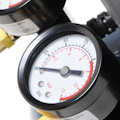
Compressed Air
For 40 years Michell has been the leading supplier of dew-point sensors and portable moisture spot check instruments for moisture content on ISO 8573-1 Class 1,2 and 3 compressed air dryers.

We are part of Process Sensing Technologies and all our products now live on our new website, ProcessSensing.com. The links below take you to the new product pages - don't forget to update your bookmarks and favourites!
Industrial Dew-Point Sensors, Dew-Point Transmitters and Dew-Point Meters
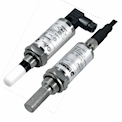
This link takes you to ProcessSensing.com - the new home for Michell Instruments' products
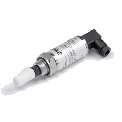
This link takes you to ProcessSensing.com - the new home for Michell Instruments' products
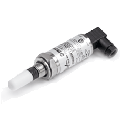
This link takes you to ProcessSensing.com - the new home for Michell Instruments' products
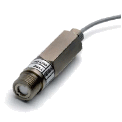
This link takes you to ProcessSensing.com - the new home for Michell Instruments' products
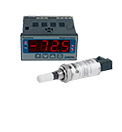
This link takes you to ProcessSensing.com - the new home for Michell Instruments' products
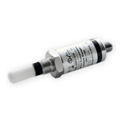
This link takes you to ProcessSensing.com - the new home for Michell Instruments' products
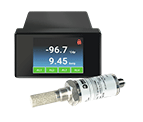
This link takes you to ProcessSensing.com - the new home for Michell Instruments' products
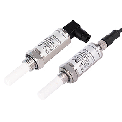
This link takes you to ProcessSensing.com - the new home for Michell Instruments' products
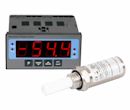
This link takes you to ProcessSensing.com - the new home for Michell Instruments' products
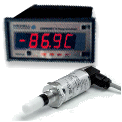
Obsolescence Notice from December 2022
This link takes you to ProcessSensing.com - the new home for Michell Instruments' products
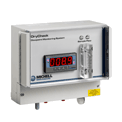
This link takes you to ProcessSensing.com - the new home for Michell Instruments' products
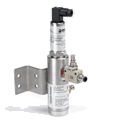
This link takes you to ProcessSensing.com - the new home for Michell Instruments' products
Process Dew-Point Sensors, Dew-Point Transmitters and Dew-Point Meters
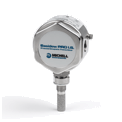
This link takes you to ProcessSensing.com - the new home for Michell Instruments' products
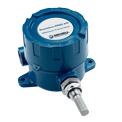
This link takes you to ProcessSensing.com - the new home for Michell Instruments' products
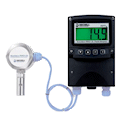
This link takes you to ProcessSensing.com - the new home for Michell Instruments' products
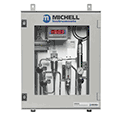
This link takes you to ProcessSensing.com - the new home for Michell Instruments' products

This link takes you to ProcessSensing.com - the new home for Michell Instruments' products
Moisture / Dew-Point Sensors for Pure Gases
Additional Information
- Popular misconceptions about ceramic moisture sensors
- Little-known truths about aluminium oxide sensors
High volume supply capabilities with consistently short lead times
As the largest manufacturer of dew-point transmitters in Europe, Michell Instruments has over 2000 transmitters under calibration at any moment in time, in our own production facility in Ely, UK, in addition to local calibration centres in Netherlands, France, Italy, Germany, China, Japan and USA.
Our manufacturing processes are optimized to meet high-volume ‘just in time’ agreements with major industrial equipment suppliers, and thousands of hygrometers leave our factory every month to measure and control moisture in some of the most demanding applications and locations around the world.
Sensor Service Exchange - A cost effective programme with zero down time

It is important all instruments are re-calibrated regularly to maintain accuracy and traceability. With Michell Instruments' unique Sensor Exchange Programme this can be achieved cost effectively and with virtually no down time. Simply request an exchange sensor from Michell or a local representative, then return your old sensor to us once you have removed and replaced it with the exchange sensor. All your calibration data is stored within the sensor, and each sensor comes with a traceable calibration certificate as standard.
Sensor Recalibration Program

Where Sensor calibration traceability is important, Michell offers an efficient recalibration service at our global service centres. Simply return the sensor to us, requesting the required calibration procedure and we will calibrate and return the sensor with a new traceable calibration certificate.
Customised products with worldwide support

If our standard products don’t quite meet your requirements, our team of process engineers and systems designers can work with you to take your project from the design and consultation phase, right through to manufacturing and commissioning. Our 10 global sales and service centers in Americas, Europe, Middle East and Asia and our worldwide distributor network are always on hand to provide support for your challenging applications. Click here to get in touch today.
Related Products
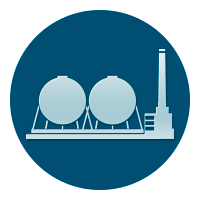

When warm compressed air leaves the compressor it will contain a high moisture content in the form of water vapour. Drying the air is important to prevent condensation forming in the distribution network, or at point of use.
Regenerative twin-column desiccant dryers are the most effective type of dryer. Measuring the dew-point at the dryer enables the columns to be switched-over only when performance in the active column starts to deteriorate, resulting in cost savings when air demand is low. This is known as dew-point dependent switching (DDS). More sophisticated DDS dryers also measure the inactive column to determine exactly when it has been regenerated, resulting in large savings in purge air and heating costs.
Measuring the amount of dissolved moisture dispersed throughout an immiscible process liquid is possible through the application of Henry’s Law. The transmitter calculates the moisture content using the measured water vapour pressure, saturation vapour pressure, and the user-entered saturation constant of the liquid.
- Naphtha feedstock to isomerization catalyst
- Hexane solvent in HDPE and LDPE process
- Benzene in styrene manufacture
- LNG LPG production and product checking
- Diesel and aero-fuels to avoid liquid water phase separation
- BTX process monitoring - benzene, toluene and xylene
High levels of water vapour in medical or breathing gases make them uncomfortable to breath and promote the growth of unwanted bacteria.
Pharmacological regulations state that the gases should periodically be tested to ensure that their dew point is sufficiently low.
More than 3 million vehicles world-wide are equipped to run on compressed natural gas, and the number of CNG filling stations is growing too. The ISO 15403:2000(E) states that ‘the single most important safety requirement of CNG fuel is a very low water dew-point to preclude the formation of liquid water at any time’.
- Ethylene gas & solvent liquid dehydration in polymer plants
- Aromatic hydrocarbons in BTX plants
- Butadiene in synthetic rubber manufacture
For applications where keeping moisture levels as low as possible is of critical importance, sensitivity to (ppbV and ppmV) are required. Our advanced quartz crystal microbalance technology can help.
- High purity gas production
- Semiconductor grade gases
- Industrial gas production
- Specialist and cylinder gases
The applications for our dew-point transmitters are not limited to those listed on this page.
We have over 40 years experience measuring humidity & performing calibrations and can help you choose the best product for your application.






